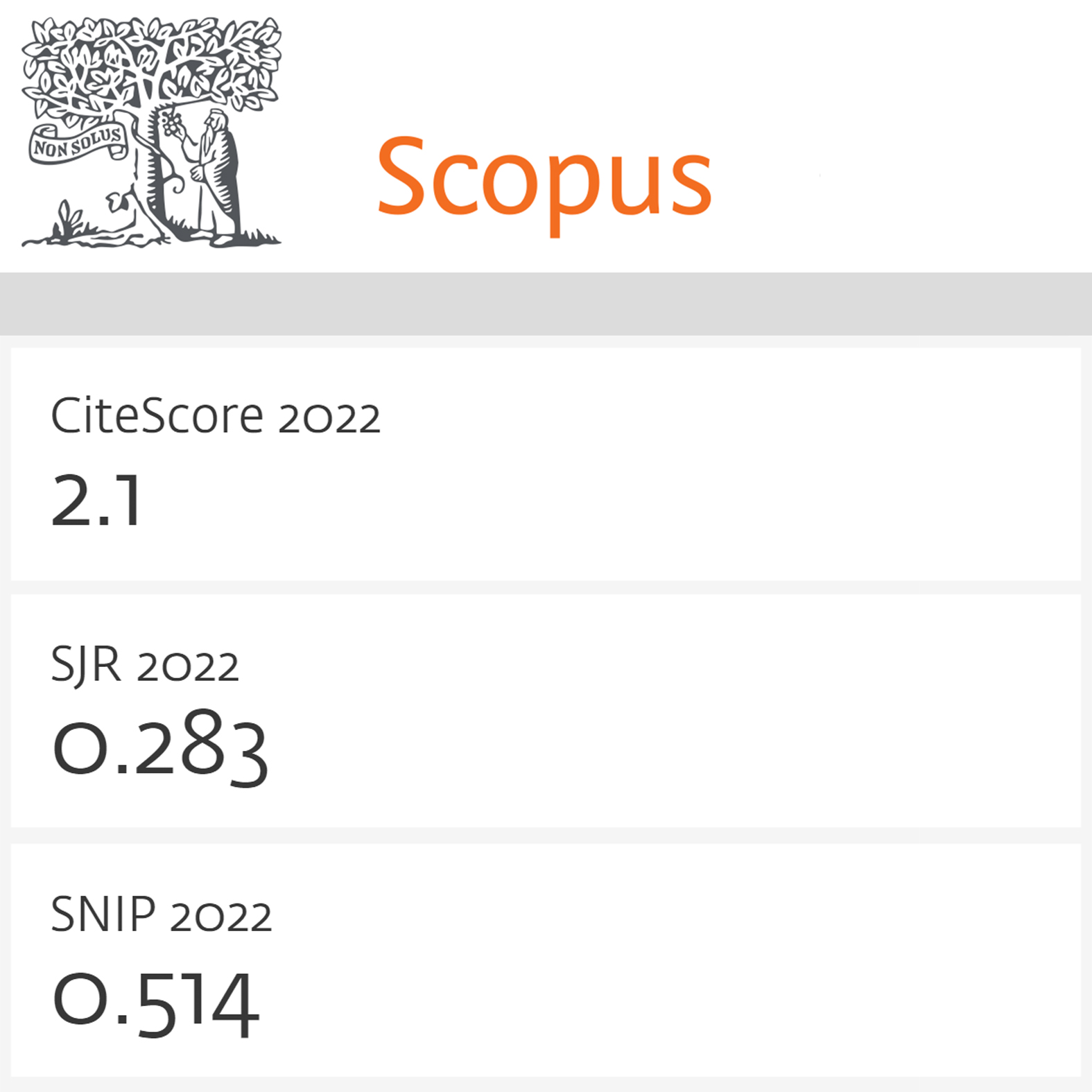Development of quantitative evaluation method of social effect of socio-technical projects
DOI:
https://doi.org/10.15587/1729-4061.2016.64292Keywords:
socio-technical projects, socio-technical systems, social effect, value, project management effectivenessAbstract
The key indicators of social effect are determined, which are the basis for the quantitative evaluation of social changes in the region, where the socio-technical project is implemented. These include raising the employment rate, improving housing provision, increasing the availability and quality of services, and increasing the availability of active and cultural recreation.
The factors affecting the manageability of the socio-technical project, which should form the basis of accounting the risks of the socio-technical project are identified. These are high project risks, a high probability of project scope changes, elongated project execution phases, participation of unique resources in the project.
The formation mechanism of the social effect, showing its nature is developed. This mechanism helps to understand the importance of prioritization when planning the social outcomes in the implementation of socio-technical projects. The essence of this mechanism is to transform the needs and resources into the positive and negative social effect.
The model for simulating the size of the social effect, depending on the needs of a social group and the value of the project output generated in a social group is developed. This model is a graphical interpretation of the social effect formation process.
The mathematical model for the quantitative evaluation of the social effect is developed. This model allows obtaining an integral indicator of social changes in the consumer's interaction with the project output. The resulting quantity is dynamic and distributed in time, its numerical value can be both positive and negative.
Quantitative evaluation of the social effect of the socio-technical project allows understanding how deep changes occurred in the social life of the territory, what principles should form the basis of new management methodologies, and what results are not achieved. It should be considered that the social effect indirectly contributes to economic efficiency, since the socio-technical system usually increases the attractiveness of the territory in which it is located.References
- Il'in, S. N. (2013). Ocenka social'no-jekonomicheskoj jeffektivnosti innovacionnyh proektov. Izvestija MGTU, 4 (18), 111–117.
- Izmerenie social'nogo jeffekta (2016). Bazovye podhody i opyt E&P. Available at: http://www.slideshare.net/evd_oa/ss-54375538
- Kuz'min, E. I. (2011). Ocenka social'noj jeffektivnosti dejatel'nosti po prodvizheniju chtenija. Spravochnik rukovoditelja uchrezhdenija kul'tury, 2, 18–20.
- Podkopaev, O. A. (2014). K voprosu o nedostatkah dinamichnyh metodov ocenki investicionnyh proektov. Uspehi sovremennogo estestvoznanija, 7, 144–147.
- Matchenko, E. A. (2013) Global'nye finansovye monopolii i jekonomika razvivajushhihsja stran. Formirovanija jekonomicheskogo potenciala sub’ektov hozjajstvennoj dejatel'nosti: makro- i mikro- uroven', 2, 40–41.
- Bozhko, I. (2016). Chto vazhnee: social'nyj jeffekt ili pribyl'? Zhurnal «Ustojchivyj biznes». Avialbale at: http://csrjournal.com/15487-chto-vazhnee-socialnyj-effekt-ili-pribyl.html
- Bushuev, S. D., Haritonov, D. A (2010). Cennostnyj podhod v upravlenii razvitiem slozhnyh system. Upravlіnnja rozvitkom skladnih sistem, 1, 10–15.
- Chimshir, V. I. (2015). Kolichestvennaja ocenka cennosti produkta proektnoj dejatel'nosti. Upravlenie razvitiem slozhnyh sistem, 28, 42–45.
- Bamberger, M., Rao, V., Woolcock, M. (2010). Using Mixed Methods in Monitoring and Evaluation: Experiences from International Development. World Bank Policy Research Working Paper Series, 28.
- Yamauchi, T., Kutami, M., Konishi-Nagano, T. (2014). Development of Quantitative Evaluation Method regarding Value and Environmental Impact of Cities. FUJITSU Sci. Tech. J., 50 (2), 112–120.
- Turkin, S. (2007). Kak vygodno byt' dobrym: Sdelajte svoj biznes social'no otvetstvennym. Al'pina Biznes Buks, 381.
- Obuchenie i social'nyj jeffekt (2016). Po materialamMcKinsey & Company. Avialbale at: http://eval-net.org/library/learning_for_social_impact_ipen_rus.pdf
- Morino, M. (2016). Learnig to give. Avialbale at: http://csrjournal.com/15487-chto-vazhnee-socialnyj-effekt-ili-pribyl.html
- Ushakov, K. Z., Kaledina, N. O., Kirin, B. F. (2000). Bezopasnost' zhiznedejatel'nosti. Moscow, 430.
- Safronov, N. A., Arsenova, E. V., Balykov, Ja. D. (2001). Jekonomika predprijatija. Moscow, 605.
- Melinda Tuan consulting (2016). Projects. Avialbale at: http://www.melindatuan.com/projects.html
- Ivushkina, N. V. (2001). Social'nyj jeffekt investicionnyh processov. Moscow, 24.
Downloads
Published
How to Cite
Issue
Section
License
Copyright (c) 2016 Valentin Chimshir

This work is licensed under a Creative Commons Attribution 4.0 International License.
The consolidation and conditions for the transfer of copyright (identification of authorship) is carried out in the License Agreement. In particular, the authors reserve the right to the authorship of their manuscript and transfer the first publication of this work to the journal under the terms of the Creative Commons CC BY license. At the same time, they have the right to conclude on their own additional agreements concerning the non-exclusive distribution of the work in the form in which it was published by this journal, but provided that the link to the first publication of the article in this journal is preserved.
A license agreement is a document in which the author warrants that he/she owns all copyright for the work (manuscript, article, etc.).
The authors, signing the License Agreement with TECHNOLOGY CENTER PC, have all rights to the further use of their work, provided that they link to our edition in which the work was published.
According to the terms of the License Agreement, the Publisher TECHNOLOGY CENTER PC does not take away your copyrights and receives permission from the authors to use and dissemination of the publication through the world's scientific resources (own electronic resources, scientometric databases, repositories, libraries, etc.).
In the absence of a signed License Agreement or in the absence of this agreement of identifiers allowing to identify the identity of the author, the editors have no right to work with the manuscript.
It is important to remember that there is another type of agreement between authors and publishers – when copyright is transferred from the authors to the publisher. In this case, the authors lose ownership of their work and may not use it in any way.









